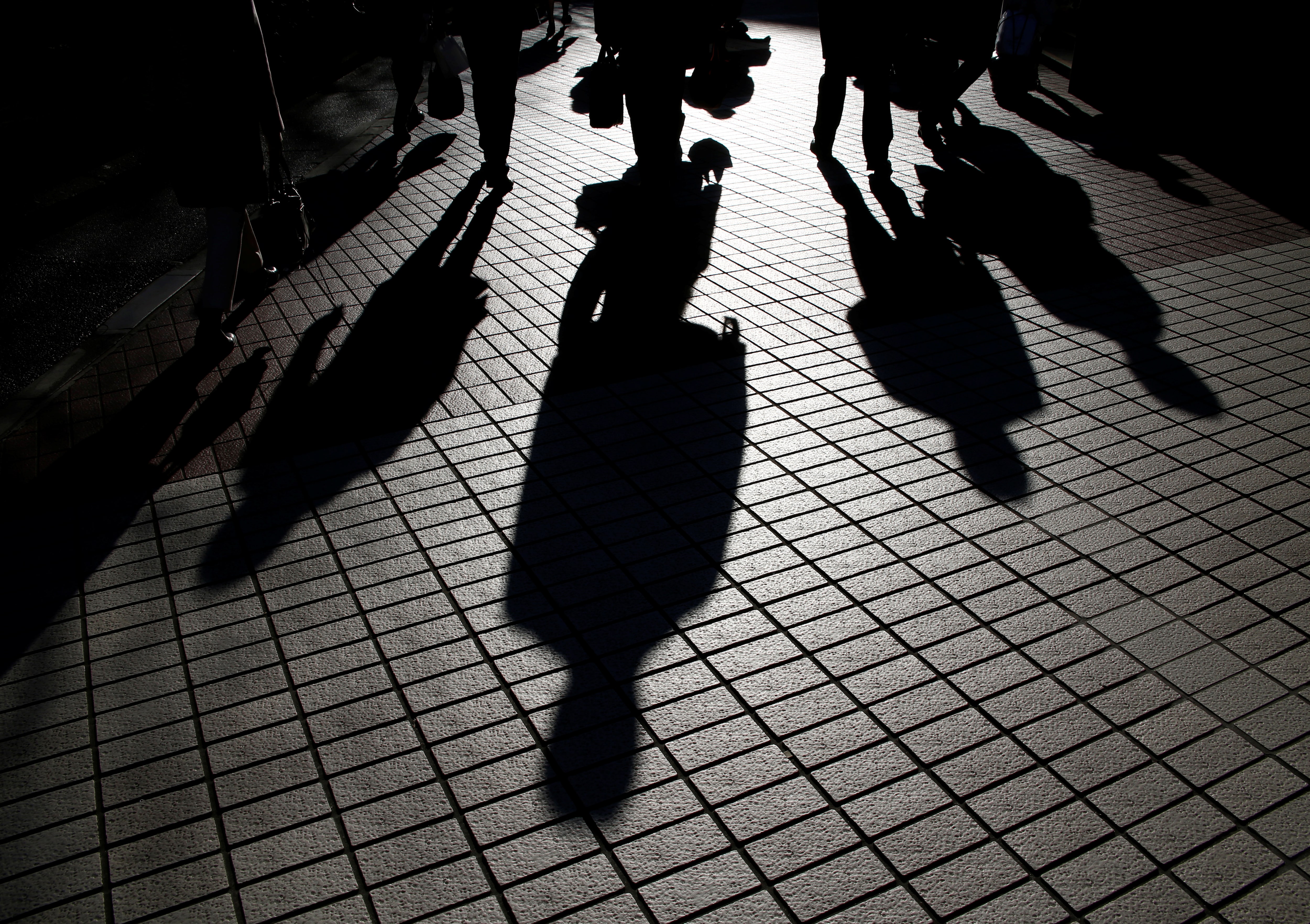After a seven-month decline, Japan's real wages rose in July. The figures, released by the Labor Ministry, mark a potential change in economic conditions, with the increase breaking the previous falling trend. While the specific causes behind this shift are still being studied, the implications for both the domestic and global economic outlooks are significant.
In Japan, issues surrounding wages and employment are a major concern for the public. Changes in real wage indicators directly affect household income, consumer spending capacity, and subsequently, overall economic vitality. The Japanese generally perceive an increase in real wages as a positive sign of economic health and potential wage growth, leading to increased consumer confidence.
In the US and EU, similar upticks in real wages often result in both increased domestic spending and investment. However, the difference lies in the structure of each economy. While Japan relies heavily on its export sector, the US and EU have substantial internal markets that can absorb increased consumer spending more effectively.

